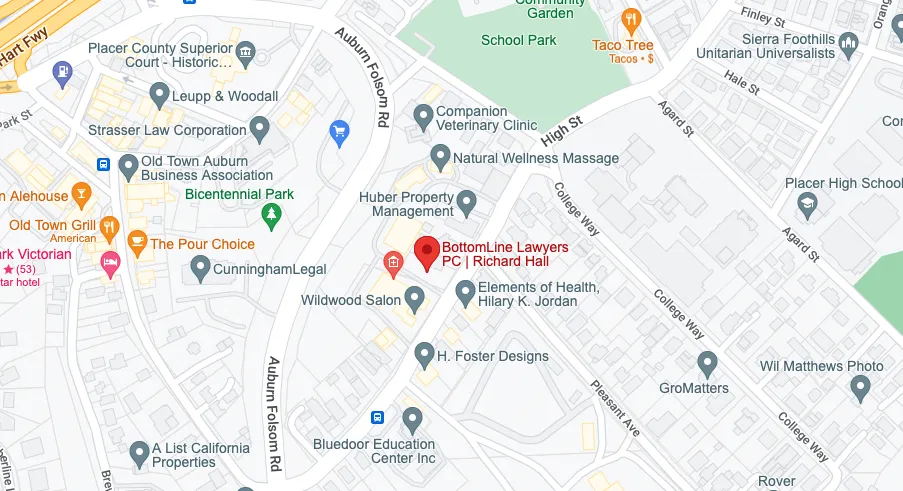IR-2020-206, September 10, 2020
WASHINGTON — On August 28, the IRS announced that it would temporarily allow the use of digital signatures on certain forms that cannot be filed electronically. Today, the agency added several more forms (PDF) to that list.
The IRS made this decision to help protect the health of taxpayers and tax professionals during the COVID-19 pandemic. The change will help to reduce in-person contact and lessen the risk to taxpayers and tax professionals, allowing both groups to work remotely to timely file forms.
The IRS added the following forms to the list of those being accepted digitally:
-
Form 706, U.S. Estate (and Generation-Skipping Transfer) Tax Return;
-
Form 706-NA, U.S. Estate (and Generation-Skipping Transfer) Tax Return;
-
Form 709, U.S. Gift (and Generation-Skipping Transfer) Tax Return;
-
Form 1120-ND, Return for Nuclear Decommissioning Funds and Certain Related Persons;
-
Form 3520, Annual Return To Report Transactions With Foreign Trusts and Receipt of Certain Foreign Gifts; and
-
Form 3520-A, Annual Information Return of Foreign Trust With a U.S. Owner.
The forms are available at IRS.gov and through tax professional’s software products. These forms cannot be e-filed and generally are printed and mailed.
The below list was announced August 28, and all of these forms can be submitted with digital signatures if mailed by or on December 31, 2020:
-
Form 3115, Application for Change in Accounting Method;
-
Form 8832, Entity Classification Election;
-
Form 8802, Application for U.S. Residency Certification;
-
Form 1066, U.S. Income Tax Return for Real Estate Mortgage Investment Conduit;
-
Form 1120-RIC, U.S. Income Tax Return For Regulated Investment Companies;
-
Form 1120-C, U.S. Income Tax Return for Cooperative Associations;
-
Form 1120-REIT, U.S. Income Tax Return for Real Estate Investment Trusts;
-
Form 1120-L, U.S. Life Insurance Company Income Tax Return;
-
Form 1120-PC, U.S. Property and Casualty Insurance Company Income Tax Return; and
-
Form 8453 series, Form 8878 series, and Form 8879 series regarding IRS e-file Signature Authorization Forms.
The IRS will continue to monitor this temporary option for e-signatures and determine if additional steps are needed.
In addition, the IRS understands the importance of digital signatures to the tax community. The agency will continue to review its processes to determine where long-term actions can help reduce burden for the tax community, while at the same appropriately balancing that with critical security and protection against identity theft and fraud.


